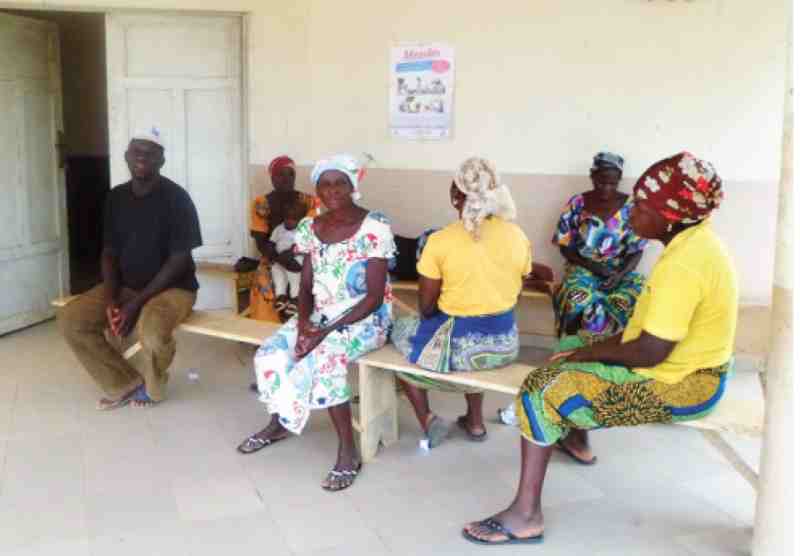The National Primary Health Care Development Agency (NPHCDA) says a funding model that pays health facilities on the basis of results (known as results-based financing) is the “most enduring strategy” for enhancing primary health care services in the country.
Results-based financing has been used under the Nigeria State Health Investment Project (NSHIP) in eight states so far, covering 1,887 health facilities in 35 local government areas.
The Executive Director of NPHCDA, Faisal Shuaib, said more than 16 million people have benefited from the project since inception, despite a target to reach 27 million across Ondo, Adamawa, Nasarawa, Bauchi, Borno, Gombe, Taraba and Yobe.
The UK-based Oxford Policy Management set up a fellowship to build the capacity of 14 indigenous firms to provide technical assistance.
At the close-out of its contract, Shuaib said the transfer of knowledge and other capacity building activities provided by NSHIP project was “instructive and important for project sustainability.”
Sam Franzen, a senior consultant at OPM and project manager of the Results-Based Finance Technical Assistance, said even though structures were in place to deliver the new results-based financing, “there wasn’t a great deal of indigenous technical assistance.”
Its fellowship trained individuals from both NPHCDA and state primary health care agencies in the states that implement the results-based financing.
“It isn’t about substitution, it is about working with the government to try and transfer competences and really build the strengths in specific areas of results-based financing,” said Franzen.
“Over time it has been a real pleasure to see competences of the government grow. What we’ve seen is procedures getting stronger and embedded, people’s technical expertise improve.”
He noted the fellowship to train technical assistants put Nigeria in a “strong position to lead results-based financing by itself.”
Under RBF, health facilities are funded based on results and are financially autonomous.
Mohammed Mohammed, deputy national coordinator of NSHIP, said the concept of financial management from the project is being transferred onto the Basic Health Care Provision Fund to ensure facilities “have autonomy”.

 Join Daily Trust WhatsApp Community For Quick Access To News and Happenings Around You.
Join Daily Trust WhatsApp Community For Quick Access To News and Happenings Around You.


